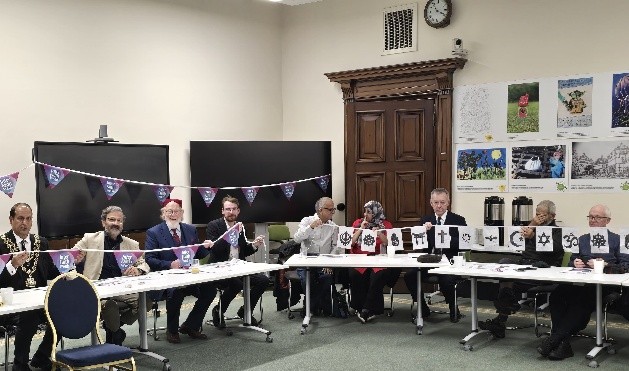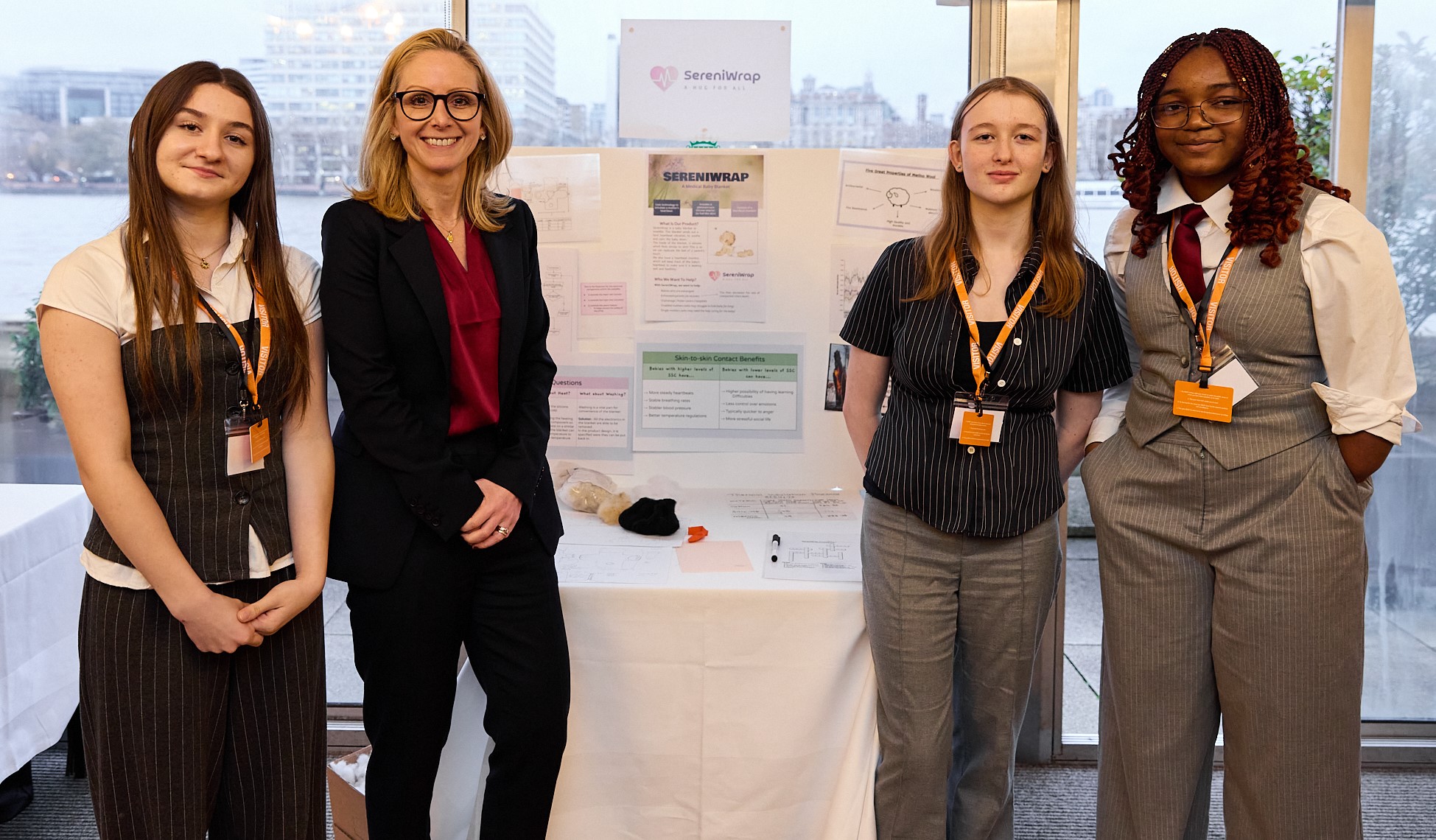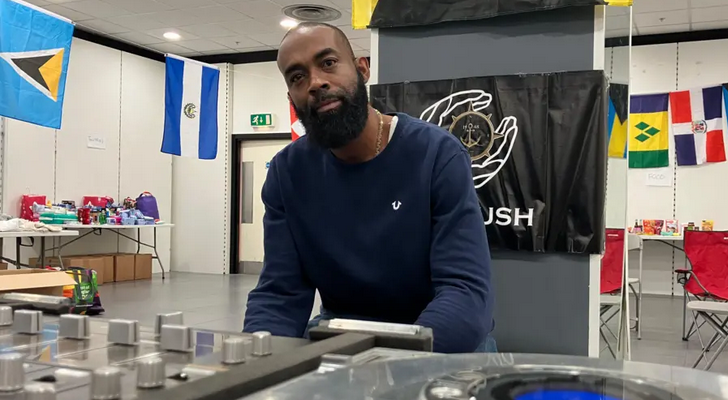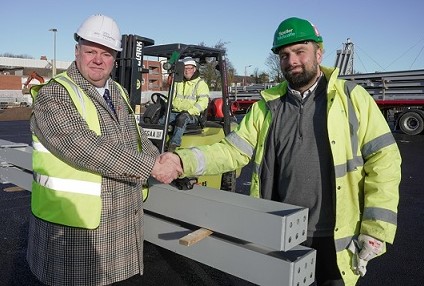In a new poll of GPs released today, over two thirds (67%) think their patients with dementia are not receiving enough support from social services, with 77 per cent believing dementia patients have to rely on family members as they do not get enough support from adult social services. In the West Midlands however, 78 per cent of GPs report to be signposting patients to Alzheimer’s Society.
A carer who wishes to remain anonymous, shares her experience of a dementia diagnosis in her family:
‘My Dad has mixed dementia, vascular and Alzheimer's. We received an official diagnosis about 4 years ago. I am 30, work full time and am classed as his primary carer.
My Dad has never been offered a dementia advisor or support officer, I didn't even know these people and service existed until just recently.
Dad has had a social worker but this is for a limited time as he has now been taken off their books how this decision can be made about a terminal illness I will never understand.’
The poll of 1,000 GPs also found that over a quarter would be less likely to refer people with suspected dementia for diagnosis if there isn’t enough local support in place, citing a lack of accessible NHS and social services as the main barrier to support.
David Ash, Regional Operations Manager for the West Midlands said:
‘These recent findings go to show just how important it is for health and social care services to be working together to support people with dementia and their families. We are pleased to be involved in providing services in the West Midlands and are already seeing an improvement in diagnosis rates through improved GP awareness.
A diagnosis opens the door on accessing support so should not be underestimated as a part of this package of care.
We need to see this support for vital services rolled out across the country, to allow GPs to have greater confidence in diagnosing and referring patients.’
Today sees the launch of Alzheimer’s Society’s report, which is calling on the government to set out how the Prime Minister’s Challenge on dementia 2020 will be actioned.
Dementia 2015:Aiming higher to transform lives, Alzheimer’s Society’s fourth annual report, is pressing for a national action plan to combat dementia over the next five years, and remove the post code lottery on NHS post diagnosis support.
Within the report recommendations, Alzheimer’s Society urges statutory and voluntary services to work together and create a single point of contact to help those affected by dementia navigate the health and social care system.
David added:
‘A future where people with dementia across the UK all have access to the same package of care, including a Dementia Adviser, would help alleviate the burden that families face when receiving a diagnosis of dementia. These trained specialists can provide someone with a named contact throughout their journey with dementia.
‘It is no coincidence that 77 per cent of GPs think patients are having to rely on unpaid carers due to a lack of support. With numbers set to reach one million by 2021, we need the government to seize the momentum for change, and realise its ambition to make the UK a global leader on dementia care.’
















